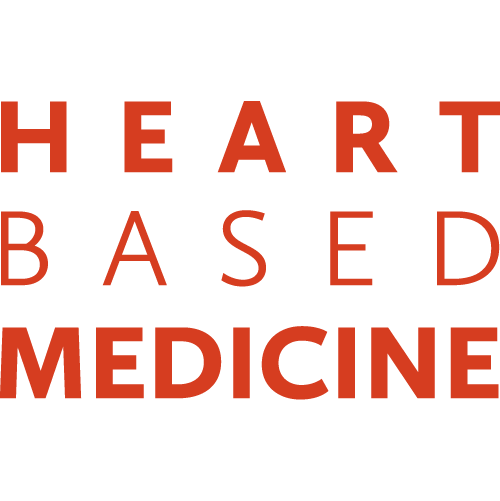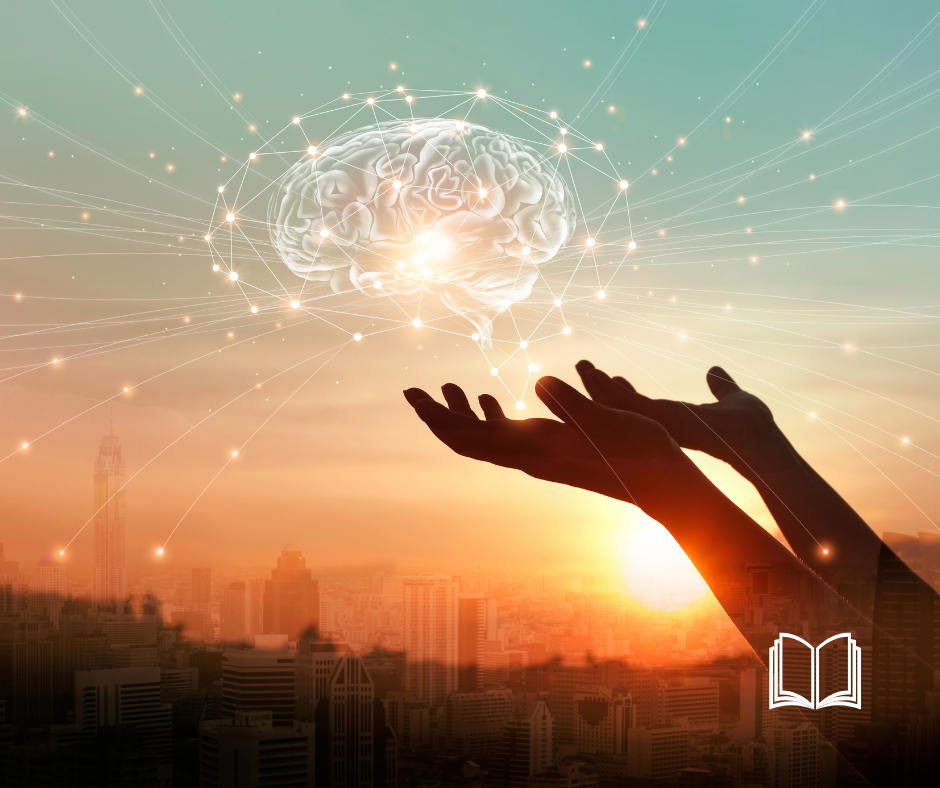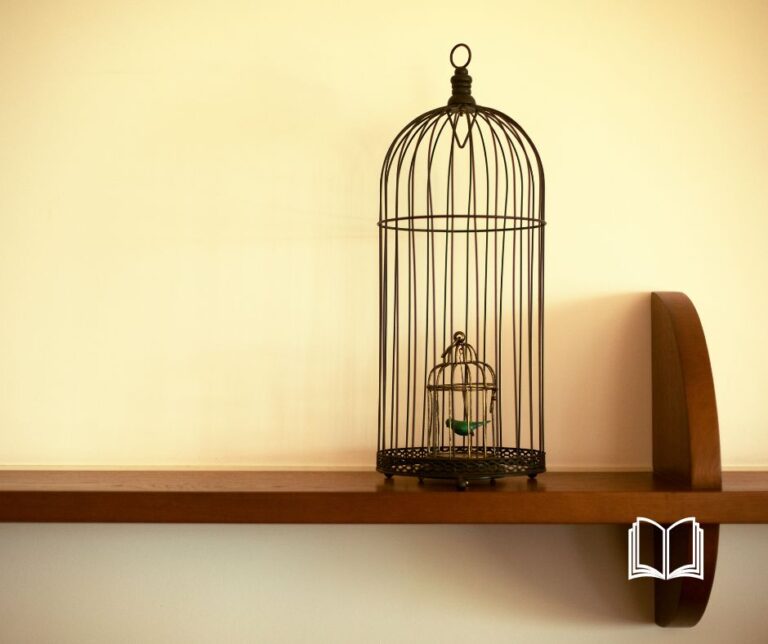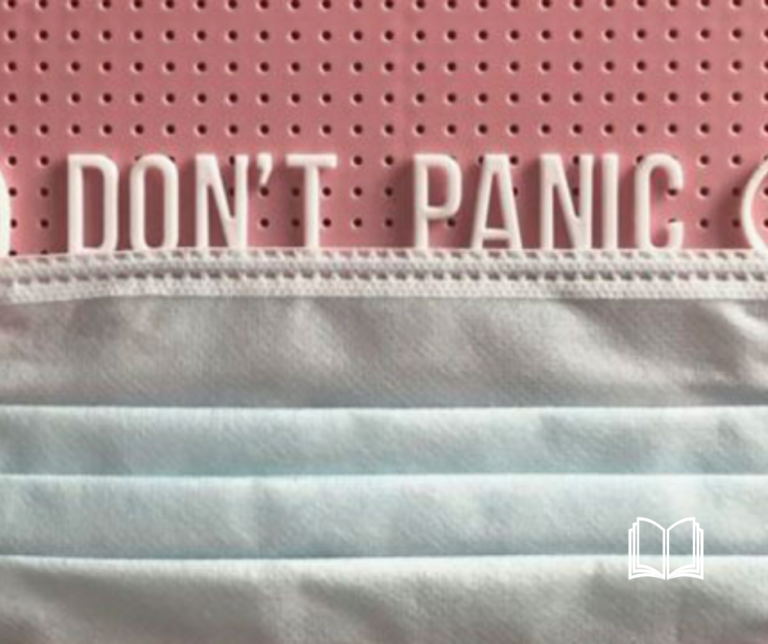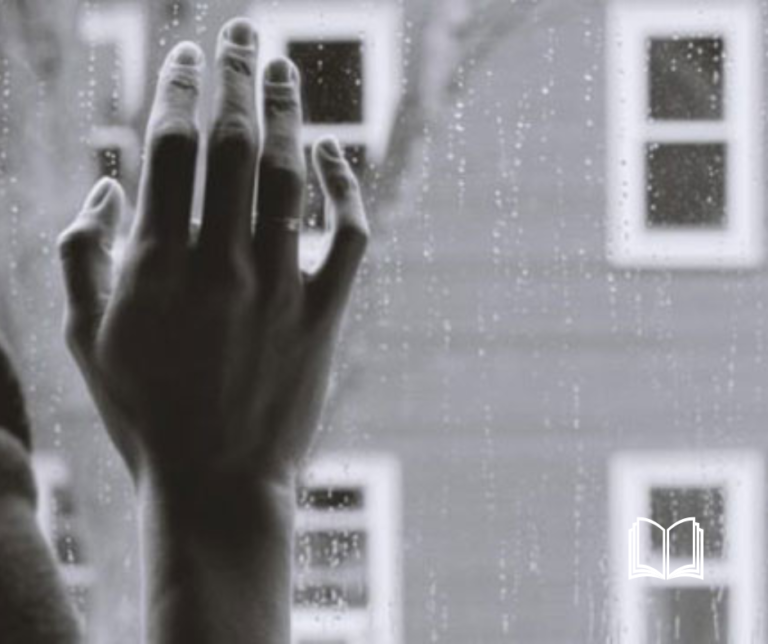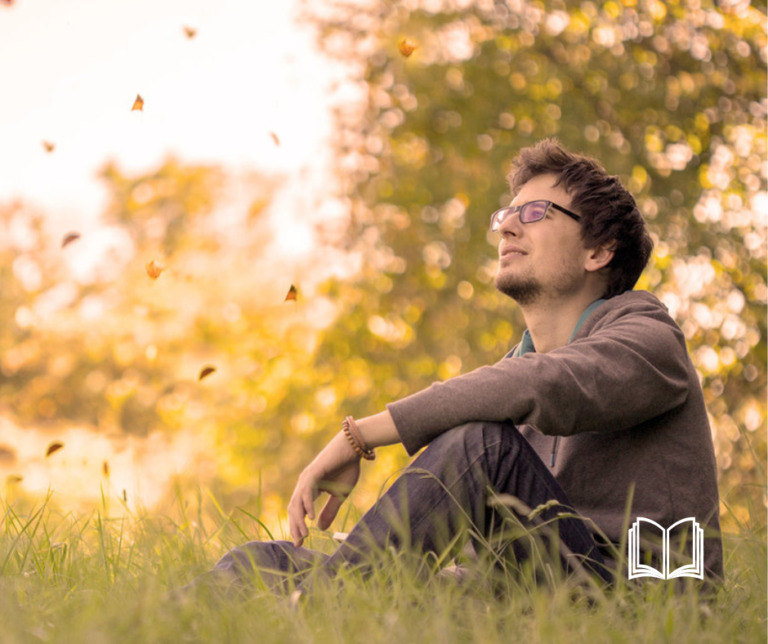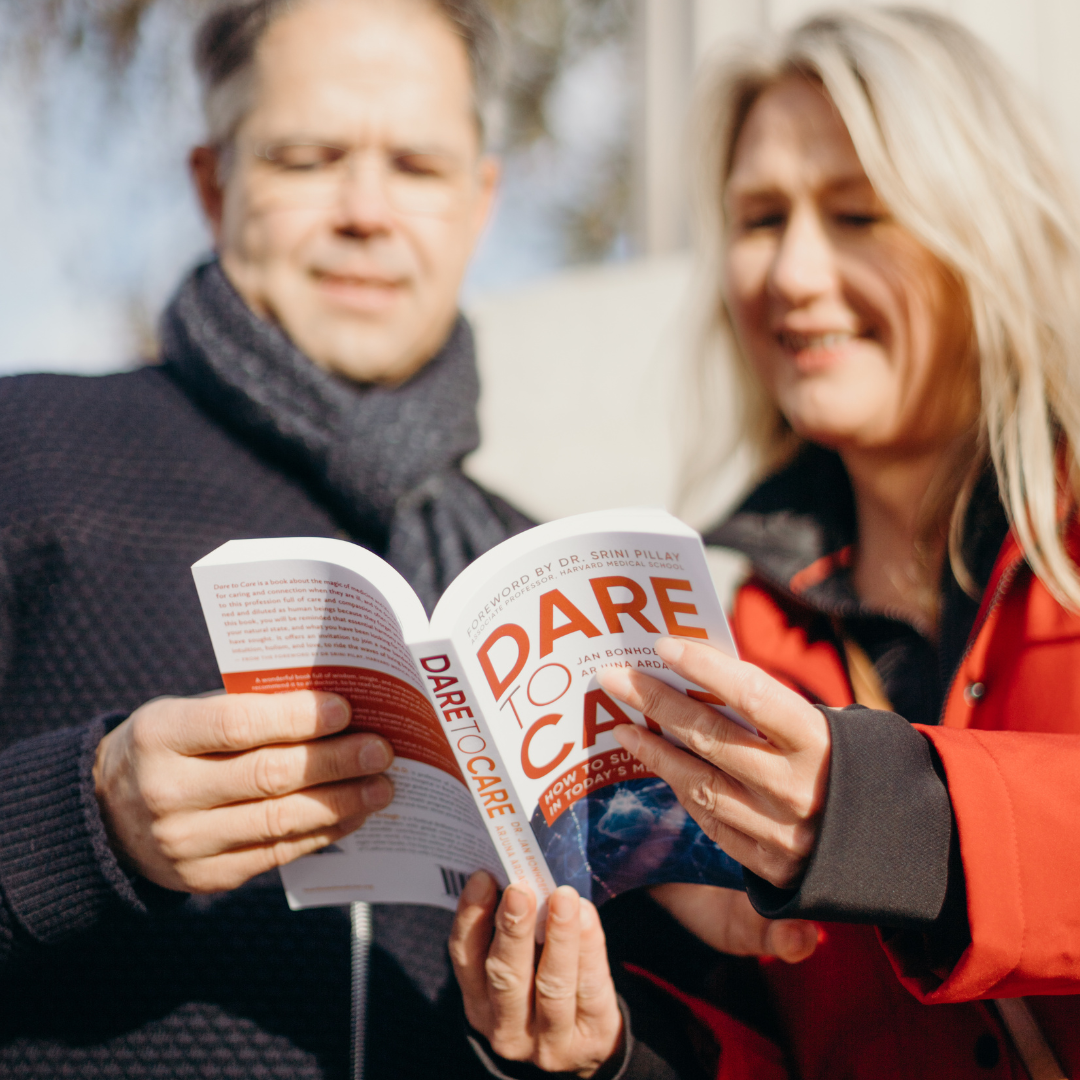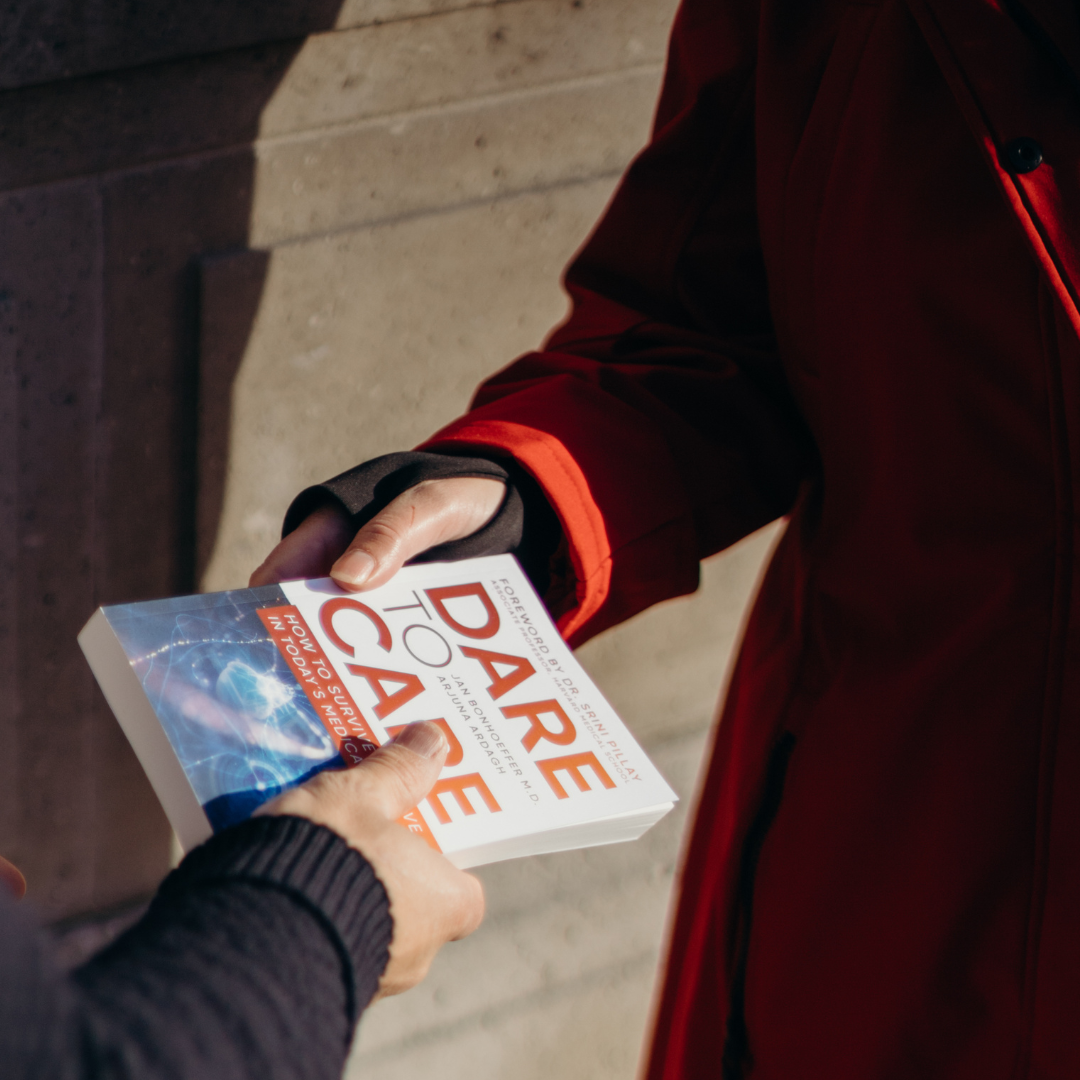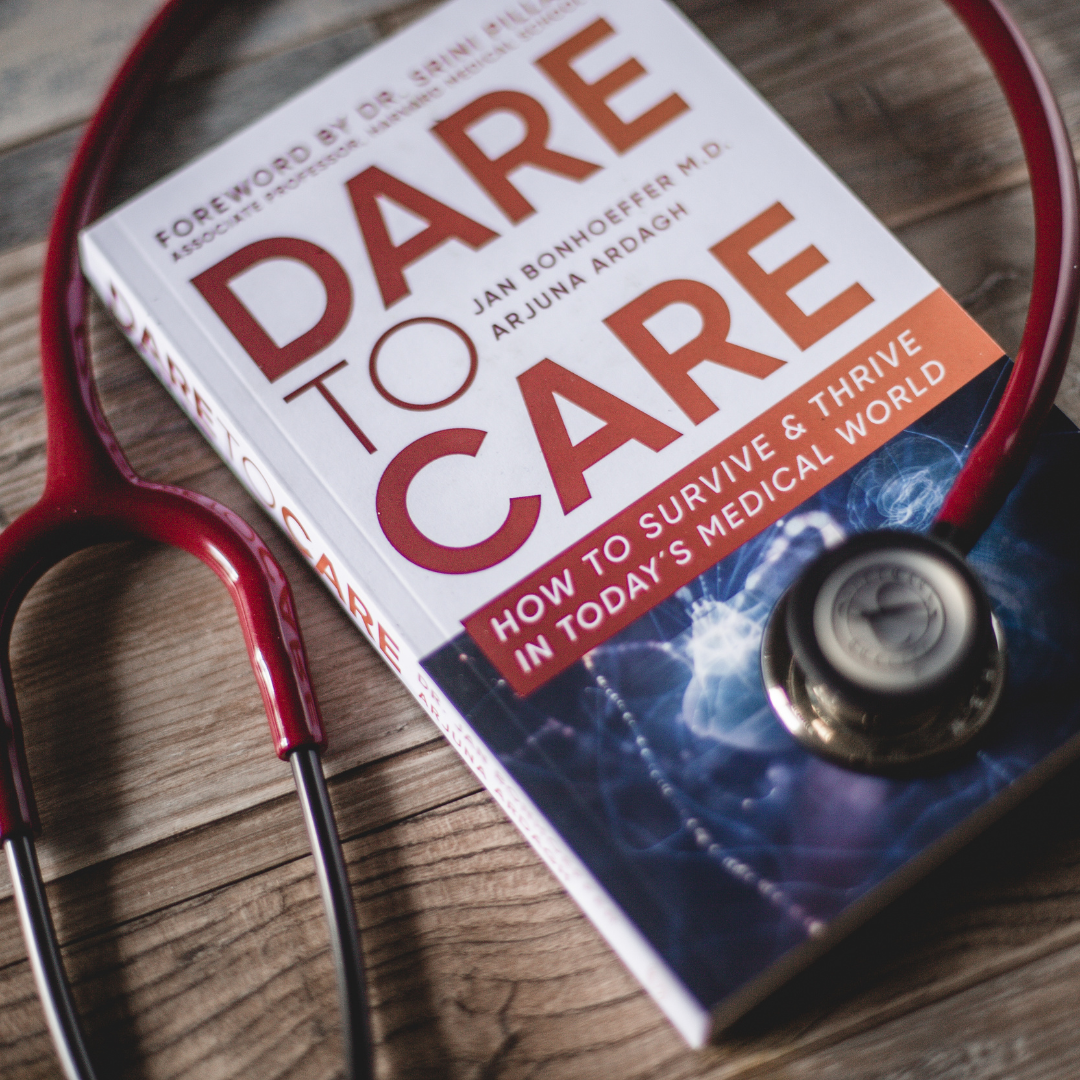As she sits on the other side of the table in my consultation room cradling her daughter close to her chest, I notice that even her elegant use of makeup can’t disguise her tired eyes and dry lips. She seems to me typical of mothers with young babies who are often dehydrated and not getting enough sleep.
‘Last night Laura cried for more than three hours and I couldn’t console her,’ she sighed heavily. ‘Believe me, I tried everything. We walked around the flat for hours before going outside for another walk. Then I breastfed her, sang songs, massaged her tummy. We tried a warm bath, I even took her to bed with me but nothing would work. I’m really worried.’
‘Did Laura fall asleep at some point?’ I asked.
‘Yes. But something must be wrong with her. She has never done this before.’
I continued to ask a series of technical questions to help me figure out why Laura had been crying.
‘Shall we take a look at Laura?’ I prompted.
Her mother agreed, but seemed more distant than at the beginning of our conversation.
I started examining Laura but there was no cause for concern.
‘I can’t find any reason for Laura’s crying last night,’ I reassured her. An unusual feeling of insecurity and helplessness came over me. I knew I was missing something but couldn’t think what it might be. As far as I was aware, I’d asked all the right questions, followed best practice and given the baby a ‘textbook’ examination. So why did I feel like I’d failed this young family?
And then I realised. My brain, with all its knowledge and experience, wasn’t going to give me the answer.
It was time to stop and listen to my heart for advice.
As this thought occurred to me, a lecture on quantum physics came to my mind. This was a real surprise, and quite a worry because I consider my understanding of physics to be close to dangerous! But I was remembering that the observer is always an inseparable part of the experiment. It is essentially impossible to observe anything without having an impact on the experiment. I was about to dismiss this call from the past as just a trick of my mind, when I started to ponder what I could do differently. How could I get past my helplessness, ignorance and failed attempts to make a diagnosis?
I decided to put my doctor’s hat aside and to let go of my attempts to either find a cause for Laura’s crying or to dismiss her mother’s concern.
Relaxing back into my chair, accepting my ignorance and helplessness, I compassionately tuned into Mrs Smith’s fear and helplessness. I stayed silent with her. It felt like an hour but it was probably just twenty seconds or so.
Immediately, the wrinkles on her forehead smoothed out, her shoulders dropped down and a subtle smile appeared on her face.
I couldn’t believe it when she said: ‘Thank you Doc. Thank you for listening.’
‘I felt alone all night because my husband is on a business trip. I was really afraid that something would happen to my precious Laura. All your questions made me feel even more alone and stupid as I didn’t have an answer to most of them and maybe I should have as a good mother. When you told me nothing was wrong with Laura I was not convinced and started worrying again … but just now I didn’t feel alone, I felt how much you care about us. Somehow I’m more confident about the night ahead.’
I had tears in my eyes, but couldn’t put it all together while Mrs. Smith was still in the room. I said goodbye to her with some pieces of advice and recommendations for what’s normal. I’m almost certain that she hardly heard any of it.
It took me until the next morning to appreciate the significance of what I had learned from Mrs Smith:
My inner state of mind and heart does not only influence what I hear, but also influences who I listen to.
It’s as if the receptor of information influences the source of the information. Was this not what I learned during the quantum physics lecture? I still have no clue about quantum physics but somehow something with a much better understanding than my own transmitted wisdom that I determined to follow from that day on.
In many cultures, healers are an integral part of the healing process. They prepare for healing sessions far beyond the accumulation and delivery of knowledge-driven interactions. Also every experienced physician knows about the importance and significance of the patient-physician relationship. Even in conventional medicine, the usefulness of intervision and Balinth groups is recognized, indicating that the physician can be voluntarily or involuntarily touched and moved by healing encounters.
The importance of forming a therapeutic alliance between patient and healthcare worker has been recognized in psychology for a long time.
However, following more than a century of justifiably booming biotechnological advances, I feel that we have forgotten the skills to consciously listen deeply beyond the words, to connect with the patient in compassionate care as part of a joint diagnostic and therapeutic process.
I feel called to explore the healing power of compassionate care as a basis for everything else I have learned in medical school and since then in my practice.
If you feel the same, please comment and let me know about your experiences.
The story above is based on personal experiences. Places and names are fictional.
